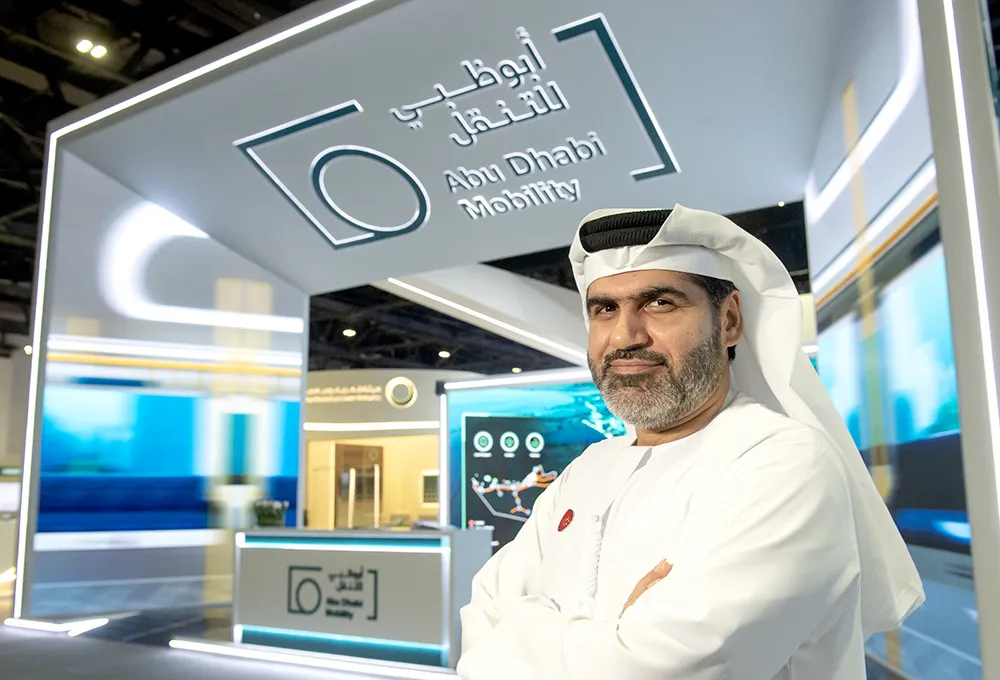Sweden-based
Haylion focuses on developing solutions for public transport by electrified, autonomous and connected buses. It has established a team of specialists in artificial intelligence, automotive manufacturing, communications and public transport. The team collaborates on autonomous driving technology, concept verification and its industrialisation.
Mats Harborn, executive director of Scania China Strategic Office, said: "For Scania, this partnership provides unique opportunities to contribute to as well as to learn from the rapid technology development now taking place in China in these strategic areas. We look forward to combining our knowledge and global perspective with the expertise and ambitions of Haylion Technologies.”
Dr Jimmy Hu Jianping, founder and chairman of Haylion, said: "Gaining excellence in skills through collaboration has always been our principle. We recognise Scania's leading position in the world's commercial vehicle industry. I believe that our cooperation will further promote and accelerate China's development of intelligent vehicles and the Internet of Vehicle.”
Scania and Haylion to develop autonomous and electric vehicles
Sweden-based Scania has joined forces with China’s Haylion Technologies (Haylion) to speed up the commercialisation of autonomous driving applications and sustainable transport. Haylion focuses on developing solutions for public transport by electrified, autonomous and connected buses. It has established a team of specialists in artificial intelligence, automotive manufacturing, communications and public transport. The team collaborates on autonomous driving technology, concept verification and its
February 6, 2018
Read time: 2 mins










